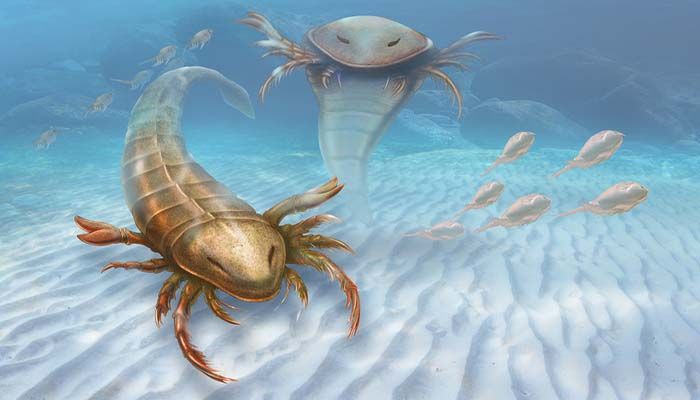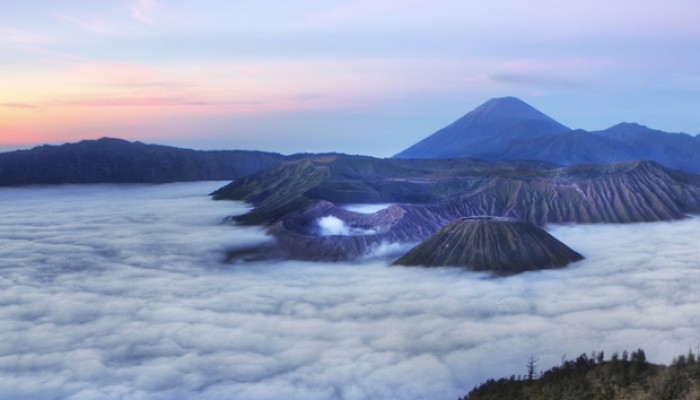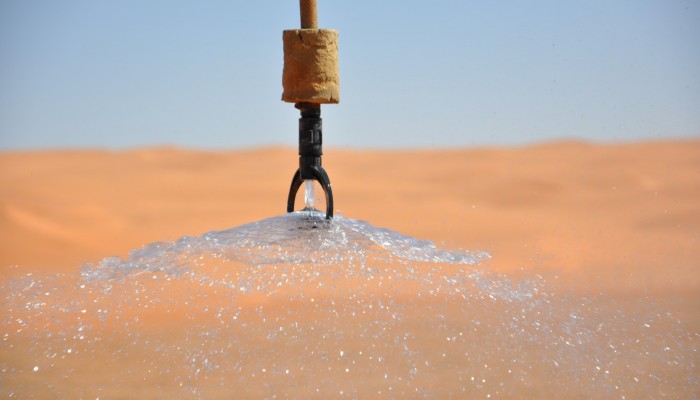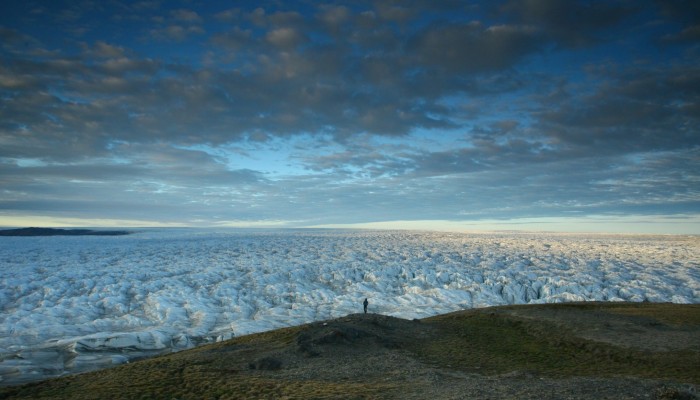The name of a newly found fossil of sea scorpion draws inspiration from ancient Greece warships and is a unique example of exceptional preservation, shedding light on the rich life of this bygone sea critter, explains David Marshall of Palaeocast fame. To learn more about the importance of giving new fossils names and what Pentecopterus decorahensis (as the new fossil is formally called) teaches u ...[Read More]
Geosciences Column: The Oldest Eurypterid




